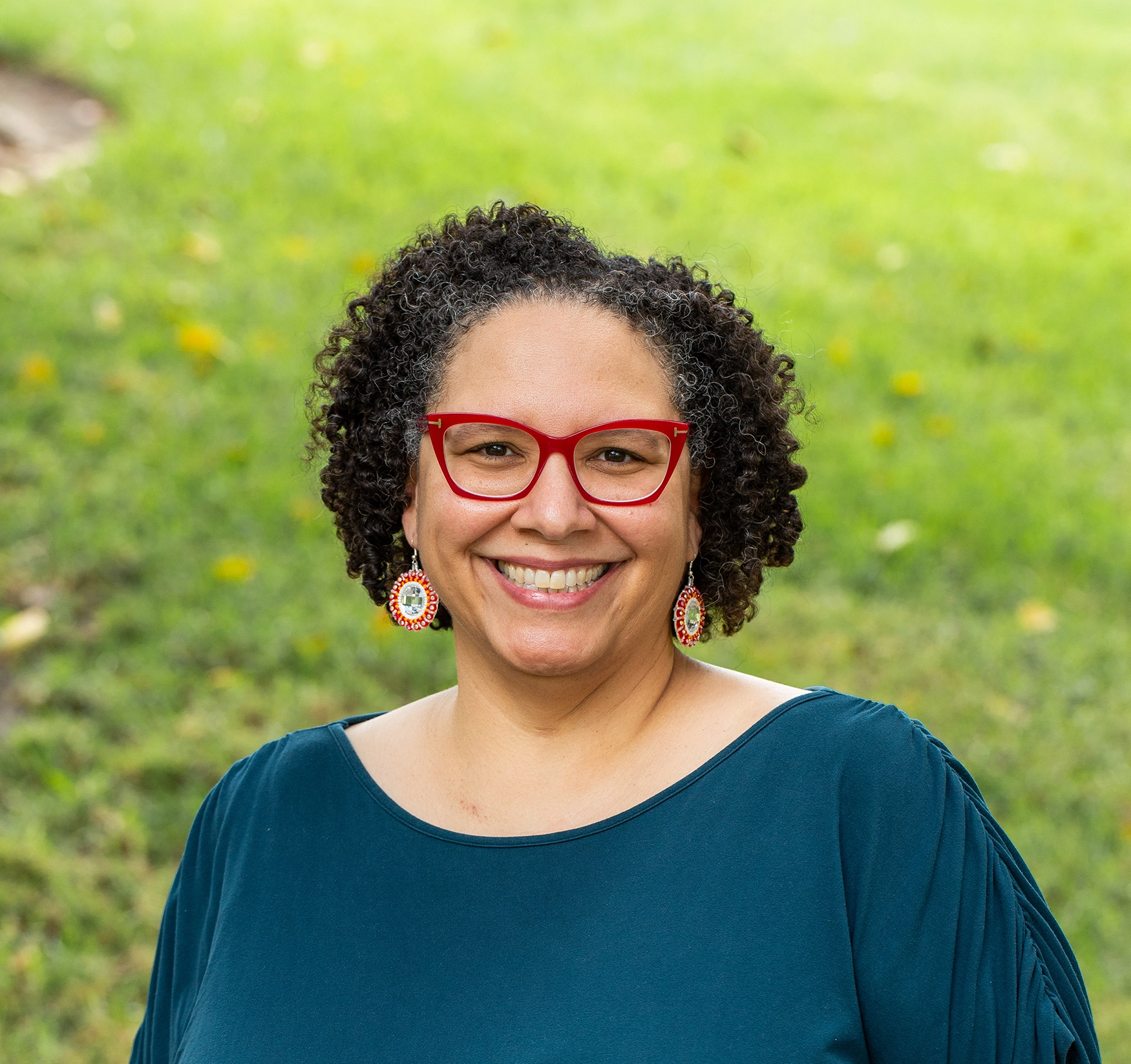
Ananda M. Marin
Moore Hall 3341
457 Portola Plaza
Los Angeles, CA 90095-1521
Office Hours
Accepting Advisees for AY 26-27?
Ananda M. Marin
Vice Chair of Graduate Education; Associate Professor
As a learning scientist my goal is to bring research on the socio-ecological and cultural nature of learning and development alongside efforts to co-design more just teaching/learning environments. Broadly speaking, my research explores the diversity of ways that multigenerational groups of people organize attention and observation to participate in joint activity, collaborate, and improvise in everyday and professional contexts. Drawing on video-based methodologies, I examine how people in science-related and arts-based teaching/learning contexts make meaning in the moment-to-moment unfolding of interaction while accounting for the role of relationality, embodied movement, and place. My studies in these areas inform my collaborations with educators and practitioners. I have widespread experience partnering with Indigenous communities, community-based organizations, and small collectives to design educational environments that cultivate community well-being. A primary goal of my work is to broaden research methodologies and theories of teaching/learning in ways that are consequential to the communities she partners with and the field of education.
Departments
Programs
Areas of Expertise and Advising Interests
- Advanced Qualitative Methods
- Community Engagement
- Early Childhood
- Environmental Justice
- Learning Sciences
- Race and Ethnic Studies
- STEM, STEAM
Other Affiliations
Titles and Positions
- Vice Chair of Graduate Education
- Associate Professor, Qualitative Research Methods in Education
- Faculty, American Indian Studies
Education
- Ph.D., Learning Sciences, Northwestern University, 2013
- M.P.P., Kennedy School of Government, Harvard University, 2002
- B.A., Sociology, Yale University, 1998
Awards, Honors and Fellowships
-
2022 Lena Astin Faculty Mentoring Award, UCLA, Department of Education
-
2020 – 2021 International Society of the Learning Sciences Early Career AwardFall
-
2020 University of California Humanities Research Institute, Residential Research Group Fellowship, “Disciplining Diversity”
Select Publications
- Marin, A. (2024). From the Light of Rainbows: Growing the Spiralic Garden of Community-Based Inquiry and Co-Learning. American Indian Culture and Research Journal, 47(1).
- Lindberg, L., Marin, A., & Silverman, Z. (2021). Improvisational Dance as Enactive Cognition: What Do Novice Dancers Teach Us about Embodied Cognition in Dance? Journal of Dance Education, 23(4), 329–340.
- Vossoughi, S., Marin, A., & Bang, M. (2024). Toward Just and Sustainable Futures: Human Learning and Relationality Within Socio-Ecological Systems. Review of Research in Education, 47(1), 218-273. (Original work published 2023)
- Marin, A. (2020). Ambulatory sequences: Ecologies of learning by attending and observing on the move. Cognition and Instruction, 38(3), 281-317.
- Marin, A., Taylor, K.H., Shapiro, B.R., & Hall, R. (2020). Why Learning on the Move: Intersecting research pathways for mobility, learning and teaching. Cognition and Instruction, 38(3), 265-280.
- Marin, A., Stewart-Ambo, T., McDaid-Morgan, N., White Eyes, R., & Bang, M. (2020). Enacting relationships of kinship and care in research and educational settings. In A. Ali & T.L. McCarty, (Eds.), Critical Youth Research in Education: Methodologies of Praxis and Care (pp. 243-264). Routledge.
- Levine, S., Keifert, D., Marin, A., & Enyedy, N. (2020). Hybrid Argumentation in Literature and Science for K-12 Classrooms. In Nasir, N.S., Lee, C., Pea, R., & McKinney de Royston, M. (Eds.), Handbook of the cultural foundations of learning (pp. 141 – 159). Routledge.
- Marin, A. (2019). Seeing together: The ecological knowledge of indigenous families in Chicago Urban forest walks. In I.M. García-Sánchez & M. Orellana (Eds.), Everyday learning: Leveraging non-dominant youth language and culture in schools (pp. 41-58). Routledge.
- Marin, A. & Bang, M. (2018). “Look it, this is how you know:” Family forest walks and knowledge building about the natural world. Cognition and Instruction, 36(2), 89-118.
- Bang, M., Marin, A., & Medin, M. (2018). If Indigenous peoples stand with the sciences, will scientists stand with us? Daedalus, 147(2), 148-159.